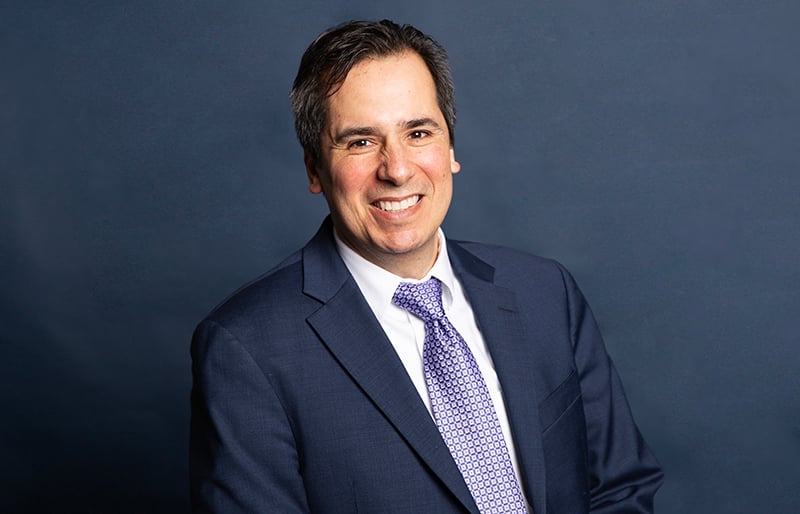Last year, more than 70,000 people were diagnosed with cancer in the District, Maryland, and Virginia. Thus began, for these patients and their loved ones, a sort of tug of war that is life with cancer.
Survivors often speak of living with cancer as a complex balancing act: relinquishing reality as they’ve known it and surrendering control of their bodies while pursuing every possible means of healing.
This section is designed to help with that balance—to guide those facing treatment toward some of the complementary resources and support they need so they can spend time concentrating on the big stuff.
We also asked people who have gone through cancer to share their most useful insight or piece of advice. When you’re battling cancer, survivors say, it’s wise to lean on others.
“It’s important to have someone who can be your advocate, whether it’s a nurse navigator like me or just someone you trust who can help you take the next steps,” says Susie Park, an oncology nurse navigator at the Georgetown Lombardi Comprehensive Cancer Center.
The first step: identifying the size and location of the cancer, where it started, and whether it has spread, as well as whether it’s considered aggressive or slow-growing. An oncologist can then discuss treatment options, the success rate of each, and side effects.
There’s good reason to remain optimistic: The national five-year survival rate for all cancers diagnosed between 1999 and 2006 is 68 percent. And the Washington area is home to some of the country’s most reputable cancer-care facilities, including Georgetown University Hospital—its Lombardi Center is one of only 41 in the nation designated as comprehensive cancer centers by the National Cancer Institute.
Karina Giglio (karina@karinagiglio.com) is a Northern
Virginia writer whose work appears in Women’s Health, Allure, and other
publications.


















